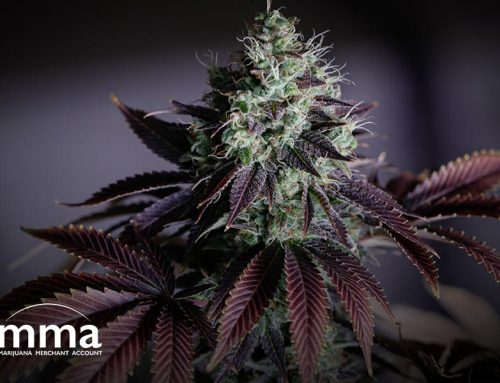With marijuana banking reform still at an impasse on Capitol Hill, bipartisan House lawmakers introduced a new bill to expand access to financial services for cannabusinesses.
Reps. Guy Reschenthaler (R-PA) and Troy Carter (D-LA) filed the Capital Lending and Investment for Marijuana Businesses (CLIMB) Act on June 23.
Like the SAFE Banking Act, it would allow banks to provide various services to marijuana businesses, such as offering loans, transfers, and credit cards, without the threat of federal interference. Its scope is a little broader though insofar as it would also enable securities exchanges, like Nasdaq and the New York Stock Exchange, to list cannabusinesses.
The measure further contains language committing itself to supporting small businesses, as well as marijuana companies owned by veterans and individuals from disadvantaged communities. This is an area which many marijuana reform advocates believe the SAFE Banking Act is lacking. However, the specifics on how the CLIMB Act would achieve this are scant for the timebeing.
Veteran marijuana lobbyist Justin Strekal, isn’t convinced the CLIMB Act will “level the playing field” for small, veteran, and minority owned cannabusinesses, as Reschenthaler said in a statement announcing the bill.
“When we think about the role of the federal government in supporting small businesses, their primary tool is the Small Business Administration. This bill does not explicitly acknowledge the existence of the SBA or [compel] the SBA to engage,” Strekal noted.
The CLIMB Act would, however, allow federal agencies to provide grants and other forms of financial support to marijuana businesses.
In any case, many marijuana industry stakeholders are pleased to see another avenue for cannabis banking reform.
“The CLIMB Act is critical because it provides state-legal American businesses with traditional funding and support mechanisms for this emerging industry, which other domestic industries currently enjoy,” said Saphira Galoob, executive director of the National Cannabis Roundtable.
“The more financing sources available to cannabis businesses the better, particularly for entrepreneurs, small and minority-owned businesses that may have otherwise faced challenges in obtaining access to capital,” she added in a press release.
Regarding securities, the CLIMB Act would allow listings of marijuana businesses on stock exchanges by amending the 1934 Securities Exchange Act. At the moment, cannabusinesses are restricted to trades on the Canadian Securities Exchange or on over-the-counter (OTC) markets that do not offer the security of a third-party broker.
This hampers investment in marijuana businesses since OTC markets, in the absence of a third party setting stock values, are notoriously liable to manipulations and criminal activity.
For now, there appears little reason to believe the CLIMB Act stands a better chance of advancing through Congress than the SAFE Banking Act. It also remains unclear how it would work alongside the SAFE Banking Act, or whether it would make more sense to combine the two pieces of legislation.
The CLIMB Act may, nonetheless, be warmly received in the House, which has approved the SAFE Banking Act in one form or another six times now, but its chances in the Senate are less positive. Senate Majority Leader Chuck Schumer remains committed to passing comprehensive federal cannabis legislation before approving piecemeal reforms.












